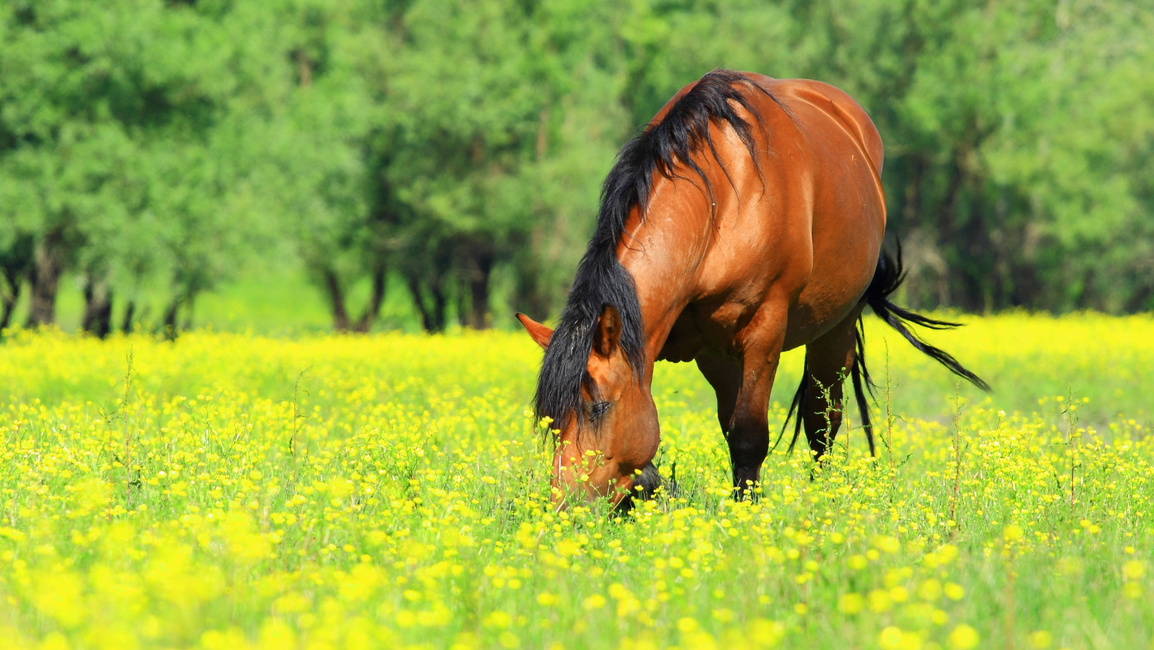
Sunburns and Horses: What You Need to Know to Keep Your Horse Protected
Today it is common knowledge that if a person plans to spend an extended amount of time in the sun, it is a good idea to wear sunscreen or something to cover up to avoid getting a sunburn. However, most people do not know that horses and animals in general can suffer from the same side effects of extended sun exposure as humans do.
A horse’s coat helps to protect their skin from the sun but horses with light colored coats are at higher risk of sunburn. According to Horse & Hound, “The pigmentation in hair and skin protects against the penetration of ultraviolet light, so any non-pigmented horse or an animal with white-skinned areas is prone to sunburn damage.” This fact is also true for horses with light colored spots or markings like Appaloosas and Paints.
To treat a sunburned horse, first you must understand the signs that are exhibited. Bring the horse inside and check the skin for any places that are painful to the touch, red, blistering or peeling; a sunburned horse may also become head shy. Once the sunburned area has been located a few topical creams can be used to soothe the pain, however, if the skin is severely blistered, a veterinarian should be contacted for further treatment. Horse Family Magazine says “Aloe sunburn treatments will immediately soothe your horses burn, and will help re-moisturize and heal your horse’s skin. Otherwise, any soothing antiseptic ointment such as Savlon, Sudocream or Germoline can help.” Ricochet Horse Spray and Sore No-More Sports Salve, two great products from Arenus, have also proven to prevent sunburn effectively.
There are many things that you can do to prevent your horse from getting sunburned further. Sunscreens specifically designed for equine use can be purchased but sunscreen for human use works almost as well. Sun-protecting and UV-resistant sheets and leg protection are another great way to protect your horse. UV-resistant materials have shown to reduce up to 70% of UV radiation from reaching a horse’s skin. Lastly, full-face fly masks are a very important piece of sun-defense because they help to keep sun away from the eyes and face, the most vulnerable places for sunburn.
While intermittent sunburn is not the worst thing that could happen to you or your horse, it can have lasting effects. Repeated sunburns can cause skin damage which can lead to infections if not cared for properly. Repeated sunburns can also “result in thickening and scaling on the surface of the skin [keratosis], which can sometimes transform to skin cancer” according to Dr Janet Littlewood MRCVS for Horse & Hound. Make sure to pay careful attention to any changes in skin condition or behavior because sunburn should be treated quickly to prevent further decline in the horse’s health.

